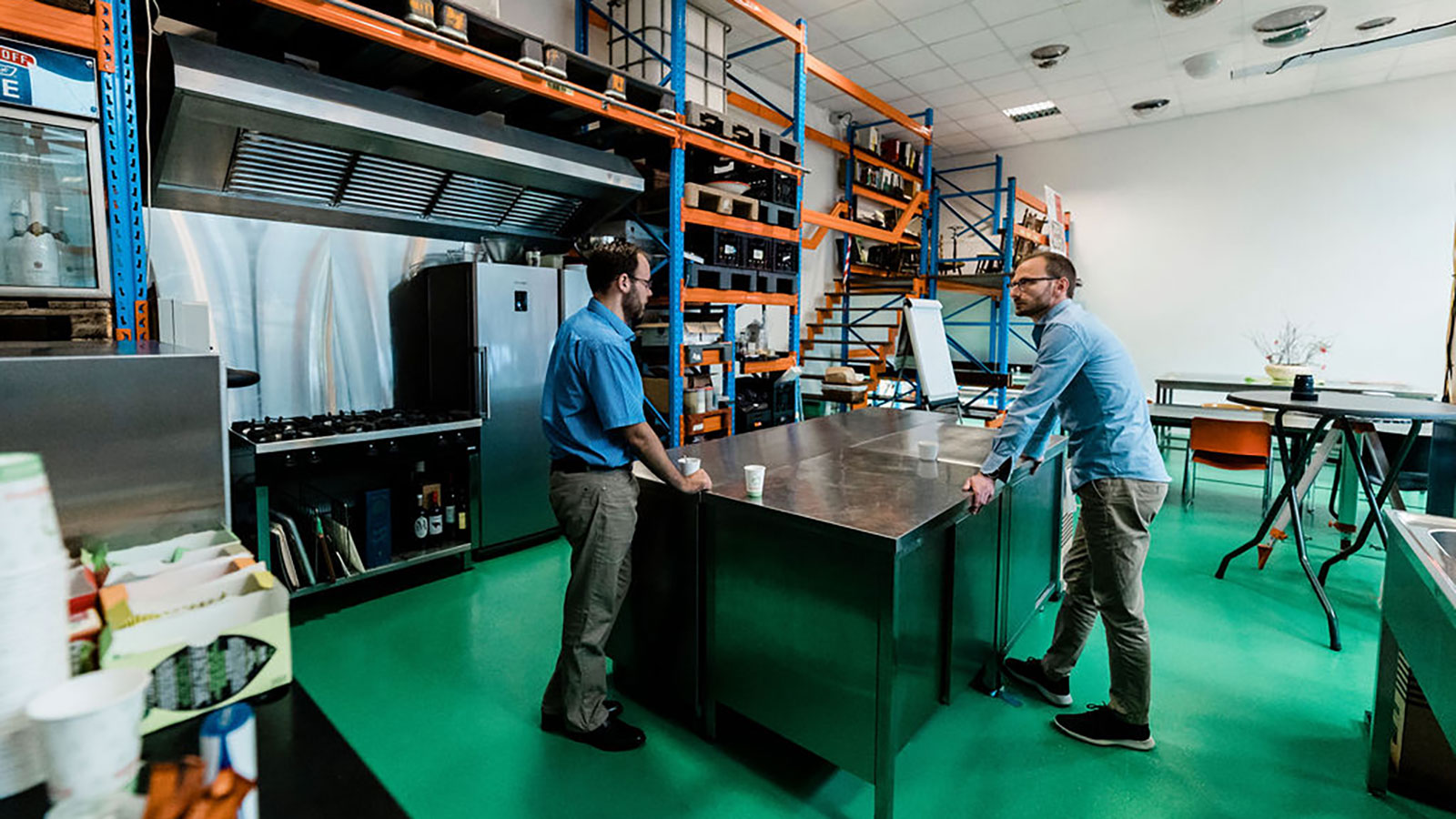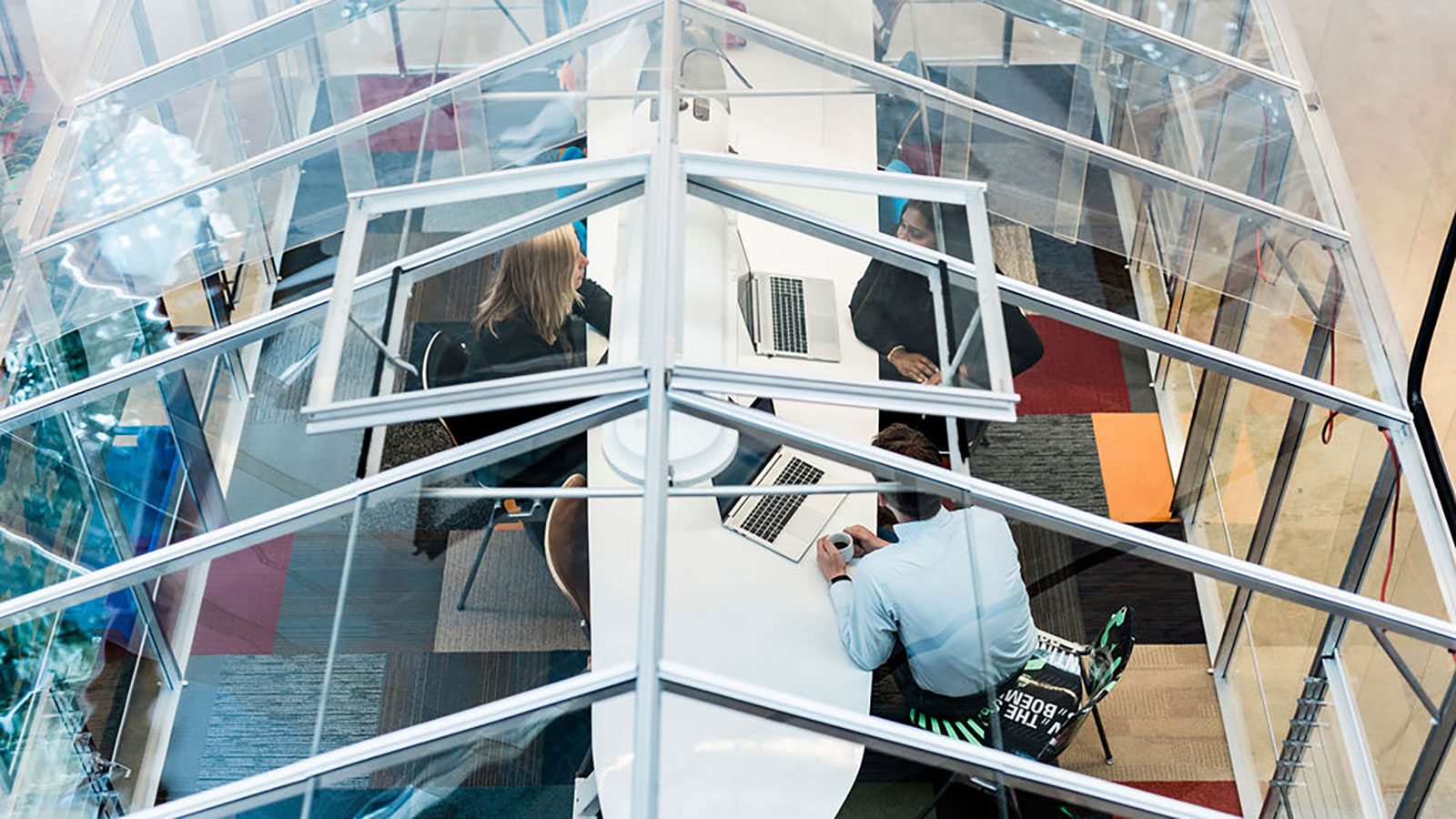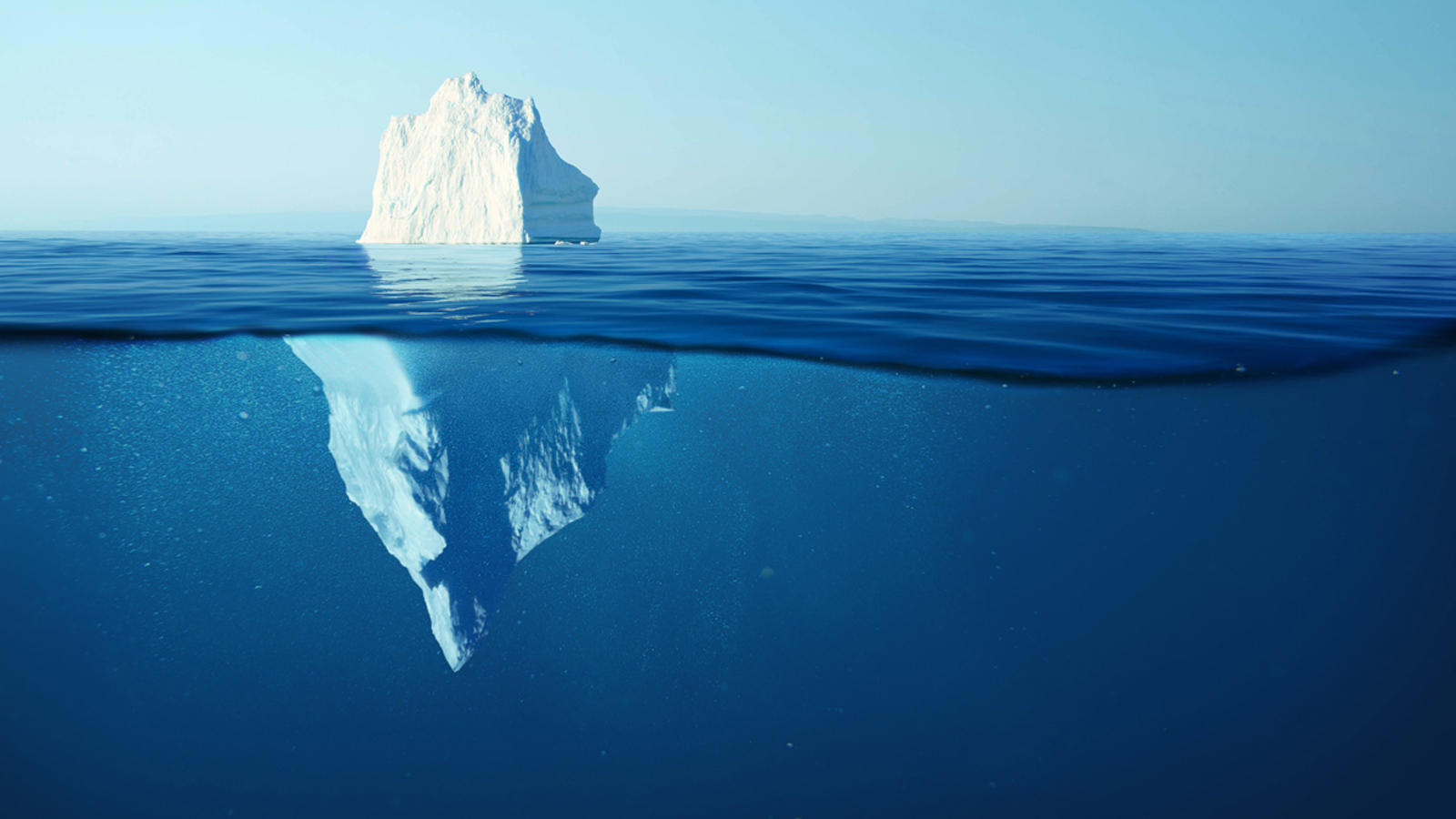Companies often focus only on reducing emissions in their climate approach. A shame, because if we really want to make society more sustainable, the raw material transition to a circular economy is just as important.
This is also the conclusion of the Social and Economic Council in the report "Balancing the resource transition and energy transition for broad prosperity" (2022). They underline the importance of what Milgro has been doing for years: using natural capital management to gain better insight into raw material consumption and reuse. For companies, that also means reducing risks of depletion of the earth and dependence on raw materials that are becoming scarcer (and more expensive).
Careful handling of natural capital
As humanity, we make grateful use of all the resources the earth has to offer us. From fossil fuels to metals or the wind, natural capital is the basis of our economy. For your company, it is important to handle natural resources in a careful manner. Not only to keep the planet livable for future generations, but also to ensure the continuity of your business operations. In a time of climate change and geopolitical tensions, it is becoming increasingly clear how a dependence on scarce raw materials carries major economic risks. Two concrete examples: persistent droughts affect the availability and purchase prices of grains and the war in Ukraine leads to fluctuating energy prices.
Uncertainty about earth metals for solar panels
China's monopoly on the rare earths production chain is another source of uncertainty, which also immediately underscores the importance of a resource transition alongside the energy transition. With a focus on reducing CO2 emissions, the West is now betting massively on clean energy. However, to produce solar panels, wind turbines and electric cars, we depend on scarce earth metals such as lithium, iridium and neodymium, sourced from China. That poses risks. Just last April, the country threatened to stop exporting these rare metals. As long as we are not committed to recovering these rare streams from our used solar panels, wind turbines and batteries, we are dependent on China and further depleting the earth. If we want to put an end to this, we need to be smarter and more circular with our raw materials.
Read also
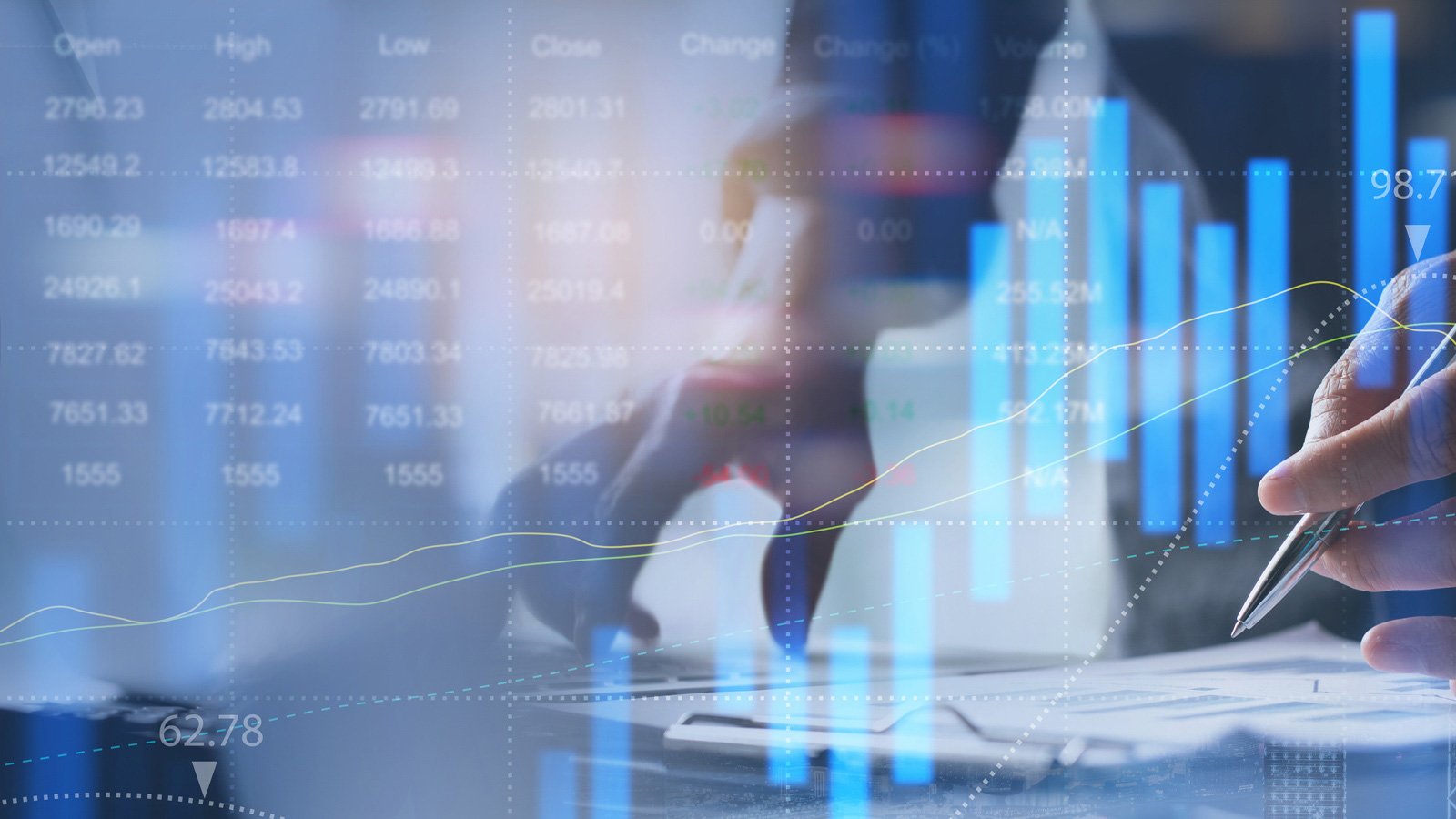
CO2 emissions and waste streams
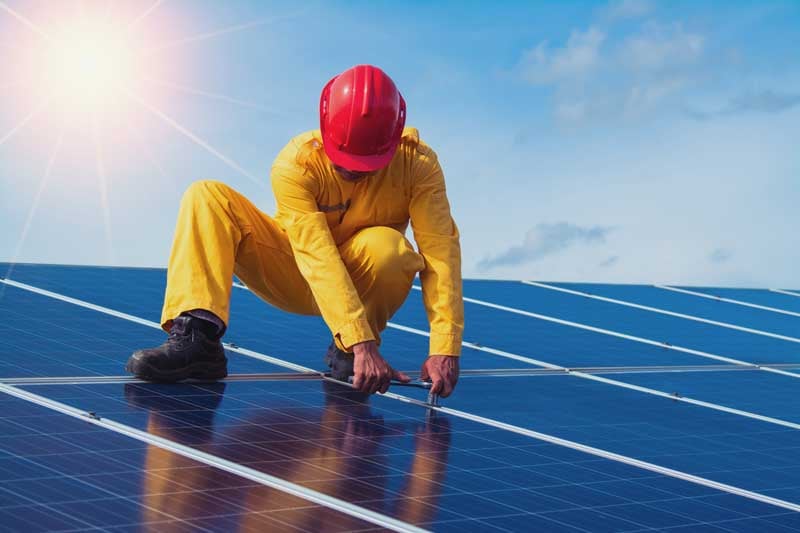
Reduced carbon emissions in a circular economy
The energy transition and the resource transition are inextricably linked, the Social and Economic Council rightly argues. Tensions arise separately, while together the two transitions can reinforce each other. According to the SER, we will save 30% energy if we make the economy circular. So your company would also be wise to not only focus on reducing your own CO2 emissions, but also on reducing emissions throughout the supply chain and raw material use. With natural capital management, you reduce your dependence on scarce goods and save energy in addition to money.
Mission Milgro
Milgro has a challenging mission: a waste-free world in 2040. This will only succeed if we value our precious raw materials and prevent them from ending up on the waste heap. Milgro helps organizations by providing insight into used raw material streams and offers advice on how to manage them as sustainably and efficiently as possible and prevent unnecessary waste. In this way, we preserve the value of raw materials, reduce waste and also reduce CO2 emissions.
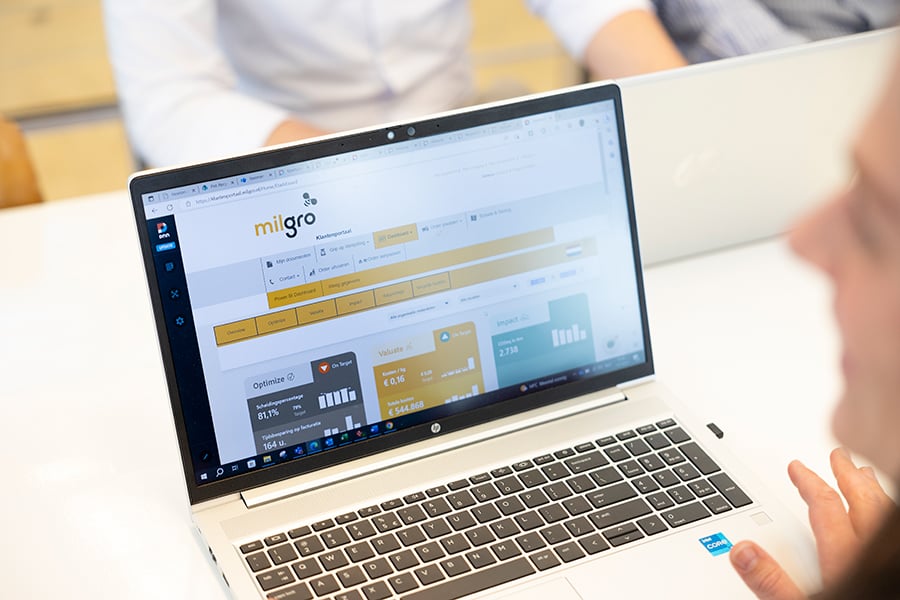
Joining the transition for a stronger position
Do you want your company to become a green leader? Milgro believes that as much attention should be paid to renewable energy, as to the more economical and smarter use of raw materials. That is why we have been successfully working on the raw materials transition for thirty years. Want to join?
Stay informed
Stay up to date on all new developments? Follow us on LinkedIn or Instagram. Or subscribe to the newsletter. Are you curious about what Milgro can do for your operations and waste process? Then get in touch.








